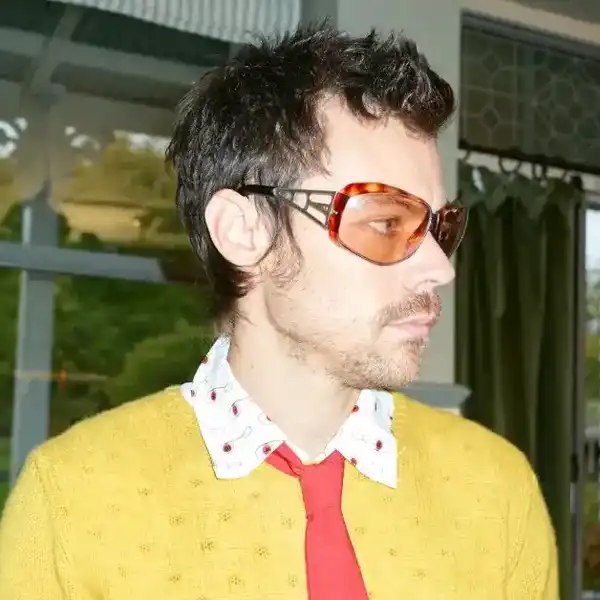
By David Farrell
Radio’s inconvenient demographic truth
In today's installment of "Best of JacoBLOG," it's a look back at the demographic truths facing all marketers. The massive group of teen (and pre-teen) consumers, better known as Gen Z, represents a huge opportunity. Except in broadcast radio. A new research study illustrates the box radio has put itself in by its myopic 25-54 focus. Today's blog post offers radio a way out.
Comparing Canadian telecoms: Growth vs. Income
The debate over which of Canada’s telecoms provides the best return for investors is one that has and will continue to evolve as different portfolio objectives and investment timelines weigh in.
Today, let’s look at both Rogers Communications (TSX:RCI.B)(NYSE:RCI) and Telus Corp (TSX:T)(NYSE:TU) to determine which of these two similar, yet very different companies should be in your portfolio. – The Motley Fool
Jazz.FM91 plays misty
The Toronto pubcaster has reversed its decision to appeal the Commercial List Application filed by donor member Brian Hemming. When the Board of Directors considered this issue, it was misinformed. At the time the Board made its decision, it understood it had 30 days to file an Appeal - and it would not have to release donor email addresses until the Appeal had been heard. – Continue reading the FM’s statement online here.
US Copyright Office starts process for selecting Mechanical Licensing Collective
At least two organizations will be vying to fill the responsibilities of the Mechanical Licensing Collective. That includes the American Mechanical Licensing Collective (AMLC), which includes former Police drummer Stewart Copeland, superstar songwriter Rick Carnes, and music blockchain entrepreneur Benji Rogers.
A group led by the National Music Publishers’ Association (NMPA) and SoundExchange is also expected to submit a formal bid to head the MLC. – Digital Music News
OTT: All the media companies expect to launch streaming services in 2019
It’s hard to imagine that the OTT space could get even more crowded than it already is, but that’s what 2019 is about to usher in. A slew of new streaming services will arrive on the scene, going toe-to-toe with current big players like Netflix, HBO Now, Hulu, Showtime, Amazon and YouTube Premium. – Sara Jerde, AdWeek
The 5 most important ad industry stories of 2018
Ad industry employees with fatalistic tendencies had a collective freakout in 2018, and who can blame them? Everywhere one looked, houses were on fire as legacies collapsed. Some of the business’s biggest names—both people and organizations—exited stage left in most unspectacular fashion.
Don’t worry. Advertising will be here, in some form, as long as we humans remain driven by that undying urge to consume. A few brilliant souls will learn how to make it, and fewer still will make themselves rich from it. – Patrick Coffee, AdWeek
Heat maps show the best times to post on social media
Sprout Social’s data science team has constructed a targeted approach that takes into account interactions with 935M messages across 420K social profiles connected to Sprout. The data that our team uncovered not only provides specific days and times for the most engagement on social for each platform, but offers similar data for specific industries, including tech, CPG, and healthcare, among others. Using this data as a guide empowers marketers with the best opportunities to maximize personalized consumer engagement. – Kate Harrison, Forbes
How to understand podcast stats
Podcast statistics can be confusing and complex: but it's always nice to look at the numbers to see how your podcast is doing.
Here are some details about how the different figures work, and how to read them. – James Cridland, podnews
How much of the Internet is fake? Turns out, a lot of it, actually
Studies generally suggest that, year after year, less than 60 percent of web traffic is human; some years, according to some researchers, a healthy majority of it is bot. For a period of time in 2013, the Times reported this year, a full half of YouTube traffic was “bots masquerading as people,” a portion so high that employees feared an inflection point after which YouTube’s systems for detecting fraudulent traffic would begin to regard bot traffic as real and human traffic as fake. They called this hypothetical event “the Inversion.” – Max Read, The Intelligencer
Violent ejections of idiocy: A people's history of 'bozo eruptions' in Canada
A bozo eruption can be a gaffe, but it doesn’t necessarily have to be. It can be a mistaken, or simply stupid, comment and it’s often said in the heat of the moment, when time for reflection is short.
Etymology dictionaries trace bozo back to the Spanish word “bozal,” which refers to a “low IQ male” and possibly has some roots in the slave trade. Those sinister origins were lightened by Bozo the Clown, a global phenomenon and self-proclaimed “world’s most famous clown.” Nowadays the word is more clown than bozal, but a bozo can still be a dimwit, albeit a harmless or entertaining one. – Stuart Thomson, National Post
35 years ago, Isaac Asimov was asked by the Star to predict the world of 2019. Here is what he wrote
1. Nuclear war. 2. Computerization. 3. Space utilization.
If the United States and the Soviet Union flail away at each other at any time between now and 2019, there is absolutely no use to discussing what life will be like in that year. Too few of us, or of our children and grand· children, will be alive then for there to be any point in describing the precise condition of global misery at that time.
Let us, therefore, assume there will be no nuclear war — not necessarily a safe assumption — and carry on from there.
Computerization will undoubtedly continue onward inevitably. Computers have already made themselves essential to the governments of the industrial nations, and to world industry: and it is now beginning to make itself comfortable in the home. – Toronto Star

















